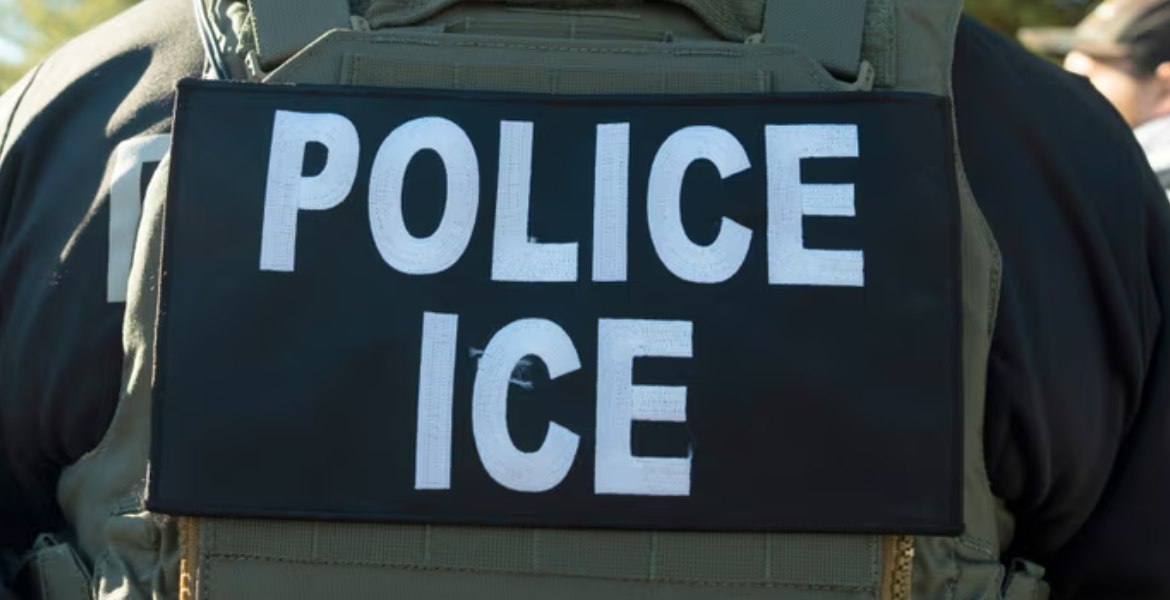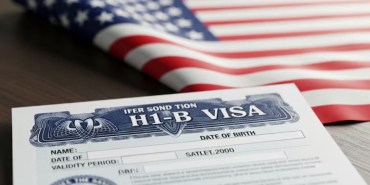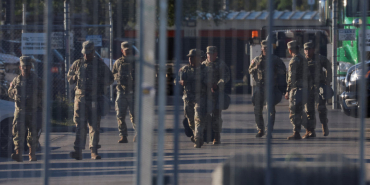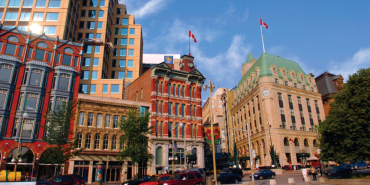US Deports Eight Men to South Sudan Despite No Citizenship Links

The deportation of eight foreign nationals to South Sudan by the United States government has ignited a fierce legal and ethical debate, raising questions about executive power and the treatment of non-citizen convicts.
The individuals, none of whom hold South Sudanese citizenship, were transferred late Friday evening. The deportations, enacted under the previous administration's stringent immigration enforcement strategy, follow weeks of legal battles and have garnered widespread condemnation from human rights advocates and legal experts. The men originate from Cuba, Laos, Mexico, Myanmar, Vietnam, and Sudan.
According to the Department of Homeland Security (DHS), all eight individuals had been convicted of serious offences in the United States, including murder, sexual assault, and robbery. Tricia McLaughlin, a DHS spokesperson, said on Saturday that the deportations were "a win for the rule of law, safety, and security of the American people," framing the action as vital for public safety and upholding the rule of law.
However, the circumstances surrounding the deportations have prompted profound legal and ethical concerns. The individuals were initially scheduled for deportation to South Sudan in May, but a federal judge intervened, diverting the flight to Camp Lemonnier, a US military base in Djibouti. Judge Brian Murphy of Massachusetts issued an order mandating that the government provide the detainees with advance notice and an opportunity to challenge their removal, given the inherent risks associated with relocation to a country where they have no established ties.
While detained in Djibouti, the men were reportedly held in a converted shipping container under armed guard. US officials cited concerns about malaria, rocket attacks, and extreme heat at the base, highlighting the challenging conditions of their detention. Legal advocates contended that these conditions constituted punitive treatment and that the deportations themselves were unconstitutional.
The legal conflict reached its apex last week when the Supreme Court, in a decision led by its conservative majority, ruled that immigration authorities could proceed with deportations to third countries without affording detainees the procedural safeguards previously mandated by lower courts.
This ruling effectively nullified Judge Murphy's earlier injunction, paving the way for the men's removal. Subsequent to the Supreme Court's decision, immigration rights attorneys petitioned Judge Randolph Moss in Washington, D.C., seeking to halt the deportations. Judge Moss briefly paused the removals before deferring jurisdiction back to Judge Murphy. Ultimately, both judges concluded that they lacked the authority to intervene further, citing the Supreme Court's binding decision.
Human rights organisations have expressed alarm over the deportations, warning that the men may face detention, abuse, or worse upon arrival in South Sudan. The US State Department advises against all travel to South Sudan, citing widespread violence, kidnapping, and lawlessness. During proceedings, Judge Moss remarked that the "US government should not be in the business of inflicting pain and suffering on people who have already served their sentence,"
Trina Realmuto, an attorney with the National Immigration Litigation Alliance, condemned the deportations as "punitive and unconstitutional," arguing that they were designed to further penalise individuals who had already completed their criminal sentences. She said unequivocally, "Make no mistake about it, these deportations were punitive and unconstitutional."
The administration has defended its actions as necessary to uphold immigration law and protect national security. Officials have cited the refusal of several countries to accept deportees as justification for seeking alternative destinations. Reportedly, South Sudan has agreed to grant the men temporary immigration status, despite its volatile political climate and poor human rights record. However, it remains unclear whether they will be detained or face further legal consequences.
Similar arrangements have been pursued with El Salvador, Costa Rica, Rwanda, and other nations, often raising concerns about the safety and legality of such transfers.








Add new comment